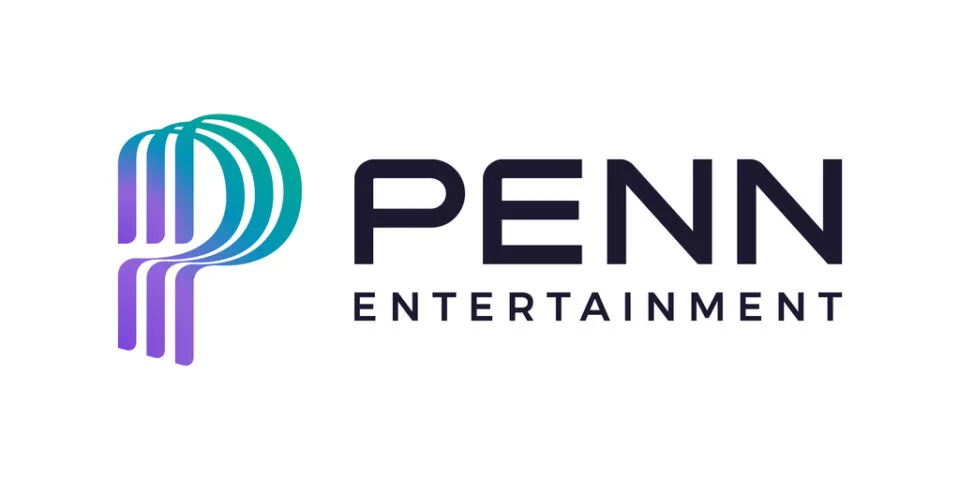PENN Entertainment Flips to $111.5M Profit in Q1
PENN Entertainment dropped a solid Q1 2025 earnings report on, flipping a $114.9 million loss from Q1 2024 into a $111.5 million net profit.

A Turnaround Triumph
Total revenue hit $1.6725 billion, with adjusted EBITDA climbing to $173.3 million from $101.4 million, and adjusted EBITDAR rising to $329.2 million from $256.2 million. Diluted earnings per share landed at $0.68, a stark improvement from a $0.76 loss.
“PENN’s properties demonstrated strong resilience,” said CEO Jay Snowden, noting a rebound from January and February weather disruptions that cost retail EBITDAR $10 million.
The retail segment, paired with a turbo-charged interactive division, powered the gains, though proxy battle costs and betting margins stirred some noise.
Retail Segment Holds Strong
PENN’s retail segment, spanning 43 casinos across 20 states, raked in $1.3018 billion in revenue and $457 million in adjusted EBITDAR.
Despite brutal winter weather slashing January and February results, March saw gaming volumes snap back, holding steady through April and early May.
The first weekend of May marked PENN’s second-highest revenue weekend and third-best for visits in 2025. “Core business trends were stable, particularly in markets not impacted by new supply,” Snowden said.
Investments in ESPN BET Sportsbooks & Restaurants, live concerts, comedy shows, and pop-up experiences boosted VIP and mid-worth player activity, especially within a 1-3 hour drive radius.
April retail trends showed year-over-year revenue growth, driven by core operations and high-value segments. However, new competition in some markets and weather hits raised concerns, with analysts noting a $10 million EBITDAR dent.
Interactive Segment’s iCasino Surge
The interactive segment, home to ESPN Bet and theScore Bet, posted $290.1 million in revenue, or $161.9 million after $128.2 million in skin tax adjustments for third-party partners.
Despite an $89 million adjusted EBITDA loss, this was a $107 million improvement from Q1 2024, signaling a path to profitability. “We generated record gaming revenue,” Snowden said, crediting iCasino’s growth.
iCasino hit record net gaming revenue and a 20% year-over-year jump in monthly active users (MAUs) to 560,000, stabilizing post-ESPN Bet launch. Standalone iCasino apps, launched in Pennsylvania (December 2024), Michigan (January 2025), New Jersey (March 2025), and Ontario (April 2025), delivered 70% incremental revenue with a 134-basis-point higher hold than integrated ESPN Bet iCasino.
Yet, a $10 million EBITDA hit from industry-wide low sports betting margins, where bettors won big, stung results. “Customer-friendly outcomes hurt,” said CFO Felicia Hendrix. ESPN Bet’s Mint Club rewards and ESPN content integrations, like homepage favorites, boosted engagement, with Mint Club users betting 60% more weekly.
Omni-Channel and Strategic Wins
PENN’s omni-channel strategy sparked cross-channel growth. Pennsylvania and Michigan customers using standalone iCasino apps upped retail spending by 21% and 27% year-over-year, and online by 165% and 242%, respectively.
“We’re seeing benefits of our differentiated omni-channel strategy,” Snowden said. PENN Play’s loyalty program and hospitality investments drove VIP engagement.
The company spent $125.2 million on capital expenditures, eyeing projects like Hollywood Columbus Hotel Tower (Q4 2025) and Hollywood Joliet relocation (H1 2026).
Liquidity stood at $1.5 billion, with $591.6 million in cash and $2.1 billion in net debt. PENN repurchased $25 million in shares at $17.67 each, targeting $350 million for 2025.
But $7.7 million in legal costs from a proxy fight, likely tied to HG Vora’s lawsuit, and a 7.1x lease-adjusted leverage ratio raised eyebrows. “Legal costs were a drag,” Hendrix noted, projecting more in Q2.
Looking Ahead
PENN’s forecasting sequential interactive EBITDA loss reductions, targeting Q4 2025 profitability and full-year 2026 gains. “We’re nearing an inflection point,” Snowden said.
ESPN Bet’s fantasy football integrations and a first-in-market ESPN DTC product, teased as “best-in-class” by CTO Aaron LaBerge, aim to drive users. PENN plans more OSB enhancements, iCasino expansions, and retail projects like Ameristar Council Bluffs relocation (18-24 months post-approval).
Strategic optionality with ESPN, including a 2026 opt-out clause, keeps flexibility. Risks loom, economic shifts, competition, and proxy litigation could derail plans.
Recommended
